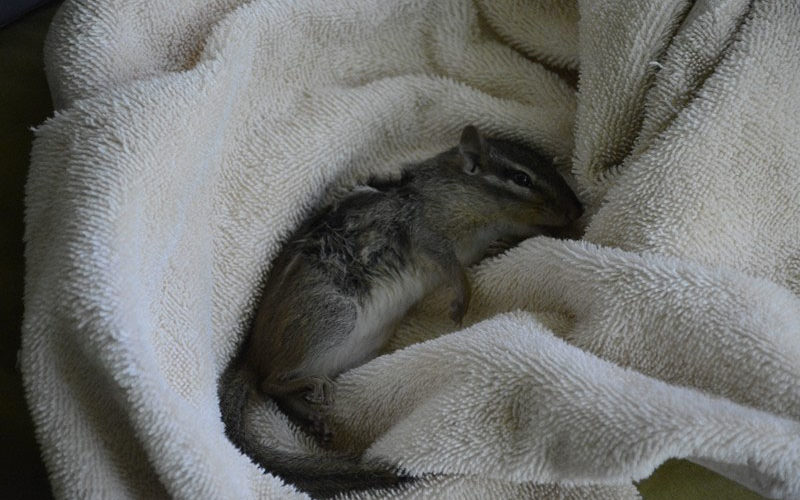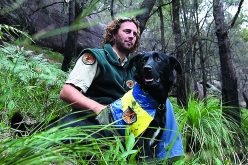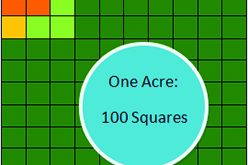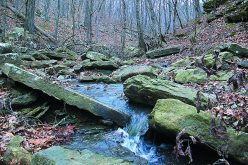Rehabbers give time, effort to critters in need
AMANDA BANCROFT
Making Ripples
We recently received a couple of requests for wildlife rehabilitation — although we are not licensed rehabilitators and do not accept animals — so it seemed like a good time to update our Ripples directory of area rehabbers. These brave and hardworking volunteers are out there every day saving the lives of cute bunnies, dangerous raptors, and turtles who just couldn’t cross the highway fast enough.
Most wildlife rehabbers specialize in a certain area and only take in animals that they feel they can adequately care for and are licensed to handle, such as birds or turtles. Most are also generously operating out of their own pockets, so consider making a donation to help them help the animal you bring to them.
Every animal can hurt you to some degree, even the cute ones, so it’s best not to handle them if it can be avoided. This protects the animal’s health, too. Wear gloves and use caution when transporting to a wildlife rehabilitator.
If the animal appears to be in shock (bird flew into a window, chipmunk stunned by a house cat, etc.) but no injury is apparent, getting it to a safe space where it can rest is often all it needs.
Fawns are often left alone by their mothers for their own protection. She’ll return infrequently to nurse. Fawns will not necessarily run from you but will stay motionless in hiding. This doesn’t mean they are injured or abandoned. Your presence in the area makes mother too afraid to come back. Unless the fawn’s life is in danger, don’t move it.
Fledgling birds may leave the nest unable to fly exactly like their parents. Parents continue feeding their young on the ground and in bushes. If the fledgling is feathered, not naked with eyes closed, it probably doesn’t need help. Birds will not abandon their eggs and hatchlings if you put them back into the nest.
Baby bunnies leave their nest at a pretty young age. If they’re not injured, and they can run away, they’ll be fine and are ready to be on their own even if they seem so small.

Courtesy Photo
Sometimes an animal like this chipmunk is just stunned or in shock and needs to be moved somewhere safe until it recovers.
And here’s a thought: just as we need to remember that wildlife need rescuing because their lives are important, we also need to remember that child refugees are vulnerable like that baby bunny or squirrel and need rescuing, too. It’s OK to need help, to ask for it, or to provide it — no matter the differences in species or identity.
Amanda Bancroft is a writer, artist, and naturalist building an off-grid cottage for land conservation on Kessler Mountain. She and her husband Ryan blog about their adventures and offer a solar-hosted online educational center on how to make a difference with everyday choices at: www.RipplesBlog.org.
__
FYI
Northwest Arkansas
Wildlife Rehabilitators
*Please note, every effort has been made to ensure this list is up to date at time of publication, but circumstances often change and you may need to try several numbers before reaching an available rehabilitator. More rehabilitators may exist in your area than are listed here; searching online may be of help.
Morningstar Wildlife Rehabilitation Center, Gravette — Contact Lynn Scuimbato at 795-1515 (only accepts raptors such as eagles, hawks, vultures, etc.)
Toodie Laswell, Gentry — 233-1751 (all native species except birds)
Dianna Kinsey, Berryville — 816-387-9320 (only squirrels)
Joyce Hicks, Bella Vista — 972-571-8247 (only turtles)
Cheryl Swartout, Springdale — 502-2843 (all native species except birds)
Daniel Jones, Lincoln — 824-5837 (mammals only)










